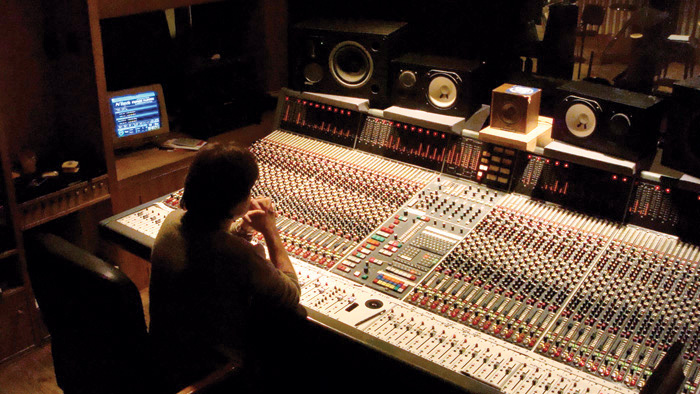Working With A Mix Engineer

It can be somewhat tricky working with a mix engineer online, especially if you're a newbie to production so I'd like to give some advice to those seeking quality work and make the process go by a little easier for you.
1. MAKE SURE THE SONG IS COMPLETE
When a song reaches the mix stage, make sure you have all editing/arrangement taken care of before it reaches us, the song should be complete at this point, if you have things you need to be pitched musically it's something that needs to be taken care of during the songwriting phase, not something to leave last minute and expect a mixer to do as that's not particularly something for us to handle. Trust is a huge part of working with a mix engineer due to the fact that mixing is also a creative process, not just a science. How exactly does trust play in? I'll tell you breakdown style:
2. REVISIONS
Every engineer has a limitation on revisions, the reason is that tweak syndrome forms after a certain amount of time meaning a mix won't be completed for who knows how long and it will be endless back and forth. This is detrimental to the creative process and essentially has you playing engineer, turning us into fader monkeys which is not the proper way to go about having your song mixed. We do things to your tracks for a reason: They sound great, fit the song and make you sound more exciting than ever before!
In layman's terms: you have to detach your ego from your music and let us do our jobs. Professionals will only make your songs sound bigger, fuller and more impactful than before so you sound unique, yet similar to others in your genre. We definitely won't make it sound worse.
You may not like a certain effect and want it brought down, that's totally cool, but there comes a point where you take away from what we envisioned for the song to make it stand apart from the crowd and that is the point that you have to step back and trust in what was done; without trust, you'll always be disappointed. Use your revisions wisely! Think instrument balance before anything else, we'll tweak effects further during revisions.
3. REFERENCE TRACKS
If you' send us reference tracks, do it before the mix, not during or after a mix is complete with revisions done. It's your responsibility to make sure that we understand what you're looking for sonically-speaking. We usually have an idea the moment we hear your song, it's our responsibility to utilize our knowledge of genres and experience in mixing them to deliver the proper product.
Also, keep in mind that not everything you want may be possible due to your song's composition and various other factors. Remember that reference tracks have also been mastered, so don't expect to come out sounding 100% like a reference track, remember that there is one final step after it leaves our hands. Trust me a MIX always sounds different than a MASTER.
Your mixes are coming out at the right levels with proper headroom left for the final stage, so don't worry about how loud it isn't. Remember that working with a mix engineer is still a creative collaboration, though extremely technical. You may not be able to express what you want even with a reference track — yet another reason to trust what we do to your music.
4. COMMUNICATION
Keep in constant contact with us through e-mail, phone or both preferably. Once we send the completed mix, listen to it without comparison to your reference track, and note what you like before you note what you dislike to keep trust high and negativity low. It will help make the right revision choices.
Chances are you'll like quite a lot and find your revisions easier to express or be informed that what is there is fine, oftentimes what you think you hear as bad is actually perfectly fine and will be cleared up/tightened/etc during mastering. The goal is to sound like YOU, not your reference, you can't sound like them anyway, your compositions are different as are vocals, delivery, etc.
Do your best to respond within hours of receiving the mix, not a day later, not two days later. People have lives, people get busy, that's understandable, but at least let us know whether you've listened or not and when you'll be able to get back to us, remember we have multiple projects and time constraints going on as well.
5. PREVIEWING MIXES
Always listen to mixes on your stereo (car or home) with FLAT EQ, this is absolutely critical! Things you think you hear such as "too much low end" or "the high end hurts my ears" are there due to how you have your stereo's EQ set. You need to remember that we work in tuned environments and preview our own mixes on multiple speakers, if we tell you something isn't happening with the mix, it's not happening.
CONCLUSION
I hope this will help you effectively work with a mix engineer for your musical endeavors. Keeping all these things in mind is going to lead to extreme awesomeness and happiness in results for the engineer as well as yourself and most importantly: YOUR FANS.
by Josh Hayward